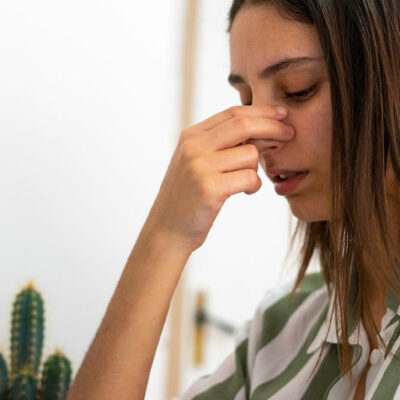9 questions to ask the doctor during a routine check-up

Routine checkups are an extremely important aspect of healthcare. They help a doctor keep track of an individual’s health history. More importantly, they help doctors detect if an individual is at risk of any condition at a very early stage. During these routine checkups, it is also the responsibility of the individuals to ask some important questions about the report. These help one gain better awareness about one’s health.
What do the numbers mean?
Firstly, asking the doctor to explain the checkup results thoroughly is very important. The reports may contain certain technical terms that one may not be aware of. Consequently, one may also not understand what the numbers beside those terms mean – do they indicate the results are good or not? Rather than trying to decipher this information by themselves, it is better for individuals to directly ask the doctor to explain it to them.
Are there any health risks related to age or family history?
Several health issues can arise due to biological factors such as age, gender, and even family history. So, during their next checkup, one must ask their doctor if they are at risk of any such conditions or illnesses due to these factors. Before this conversation, one must also communicate their family’s overall health history to their doctor. If any conditions are prevalent due to age or genetics, the doctor will suggest effective preventive measures. They may also ask one to watch for specific symptoms or signs of that condition so it can be diagnosed early.
If there is a risk of a chronic disease, how can the risk of its progression be reduced?
Based on their checkup results, one must not fail to ask the doctor if they are at risk of any chronic diseases. It may be an uncomfortable and unnerving question, but knowing the truth will be helpful in the long run. If there is such a risk, then one must ask the doctor how it can be reduced. In such cases, doctors may be able to suggest preventive measures such as lifestyle changes. For instance, if one’s routine tests show that they might be at risk of diabetes or cardiovascular diseases, the doctor may suggest exercising and specific changes in the food regimen.
Are there any further tests or screening required?
After the routine checkup, it is also advisable to ask the doctor if any further tests are required. If the doctor has any suspicions regarding a result, they may prescribe certain tests or screenings. For instance, a doctor may prescribe a lipid profile test to check for cholesterol levels if they feel there is a risk of cardiovascular diseases. Doctors may also prescribe these tests based on one’s risk factors related to age or family history.
Are there any lifestyle changes required?
Based on the checkup results, one must also ask the doctor if one needs to make any lifestyle changes. These could include dropping certain habits and adopting new ones. For instance, if an individual has a sedentary lifestyle, the doctor may suggest some simple physical activities to do in a day. Lifestyle changes could also include changes in one’s food regimen. For instance, if one’s reports say they have a Vitamin C deficiency, the doctor may suggest adding foods rich in the nutrient to their meals.
If a new treatment option is prescribed, what is it for?
After looking at the results, the doctor may prescribe some treatment options. At this point, several individuals simply accept the prescription without knowing what it is for. But it is important to know why a treatment is prescribed and what effect it should have. This way, if one does not notice any difference in their health after a significant period, they can inform the doctor about the results or lack thereof.
If a new treatment option is prescribed, will it interfere with the existing treatments?
If a doctor prescribes a treatment option, it is also important for the individual to ask if that treatment will interfere with their existing treatments. Sometimes, some prescriptions can have harmful interactions with others. So, to avoid any severe side effects, it is better to clarify this.
Are there any vaccinations required?
A very important question to ask doctors during routine checkups is whether one needs vaccinations. Certain vaccines and booster doses are necessary for the body to keep fighting infections. Plus, with age, the body’s immune system may need more support to fight certain infections. This is why it is important to stay up to date with the required vaccines, such as the annual flu shots.
What are some ways to take care of mental health?
Often, a lot of individuals forget to ask their doctor about ways to take care of their mental health. However, it is important to pay attention to factors like stress and anxiety, as these can significantly affect one’s quality of life. So during the next routine checkup, it is a good idea to ask the doctor about some ways to manage stress in a healthy manner.








